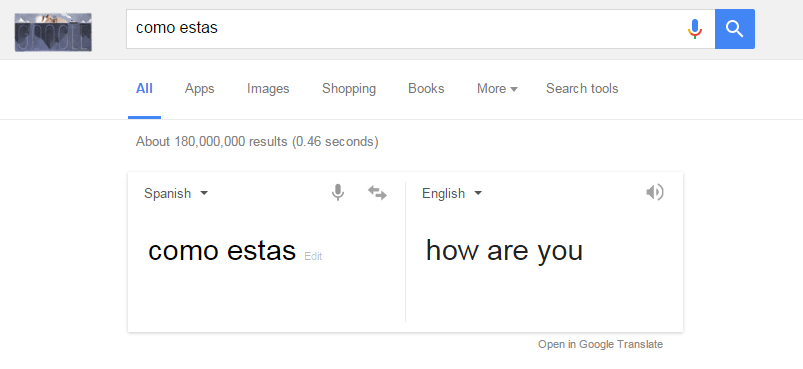
Weekly Recap of What Happened in SEO This Week
This week: Google reads romance novels, related subjects are now added to rich snippets, and wait until you read about how many webmasters received manual action notices last year.
Here’s what happened this week in SEO.
Google Reads Romance Novels
According to a report by BuzzFeed, Google’s artificial intelligence (AI) algorithm has been reading romance novels to improve its ability to interpret conversational language.
If you’re not familiar with AI, it’s software that can simulates the human brain. That’s because it has the ability to adapt and learn, unlike “dumb” software that just does what programmers tell it to do.
Google management is “feeding” the search AI romance novels because they use a wide range of vocabulary in modern English to express various ideas. Once the system understands commonly used phrases and idioms, it will be in a better position to interpret search queries.
Google Takes Action Against Sneaky Mobile Redirects
A “sneaky” mobile redirect is a link that redirects users to a site they didn’t intend to visit. If you have one of those links on your web page, you could be facing a manual penalty.
The Google Webmaster Team is in the process of delivering penalties to sites with the sneaky redirects. Web owners who’ve been penalized will have to fix the problem and submit a request for reconsideration.
Google warned webmasters about redirects back in 2014.
More Than 4 Million Webmasters Received Manual Action Notices Last Year
In the Webmaster Central blog, Google highlighted a number of interesting stats from 2015.
Among them: 4.3 million webmasters received notifications of manual actions. That’s more than 500 per hour.
The company shared these other stats as well:
- There was a 33% increase in sites with successful reconsideration requests
- There were more than 400,000 spam reports sent
- 80% of those spam reports were determined to be valid
- There was a 180% increase in the number of sites being hacked
Google Is Including Related Topics in Featured Snippets
You might have noticed a featured snippet when you performed a Google search recently. That’s an answer to your query that you see at the top of the search results. It’s Google’s way of giving you the information you’re looking for so you don’t have to click a link.
Now, Google has taken the featured snippet concept a bit farther. It’s adding related subjects that appear just below the snippet box.
The related topics also include brief definitions. So, if you’re looking for a broad overview of one or more of the related subjects, you still won’t have to leave the results page to get the information you need.

Google has added related subject snippets in search results.
Moz Launches Keyword Explorer Tool
If you’ve been involved with digital marketing for more than five minutes, you’ve heard of Moz. The company offers a suite of tools that are helpful to any online marketer.
This week, Moz announced the addition of another tool: Keyword Explorer.
As you can guess by the name, it’s a keyword research tool. Keyword Explorer is a cradle-to-grave solution backed by the kind of data that you’d expect to find from Moz.
Even better: you can use it for free. Moz is currently offering limited access (two searches per day) to anyone who wants to give the new tool a test drive. If you want more access, you’re going to have to pay for it.
You can visit the Keyword Explorer by clicking here.
Google Is Now Translating Foreign Words in Search Results
Google is translating foreign words that you plug into the search bar.
Check it out yourself. If you’re using a U.S. IP and you Google “Buenos dias” right now, you’ll see an English translation for that phrase at the top of the search results.
Apparently, as of now, Google is limiting the translation to words and short phrases. In other words, you can’t put in an entire sentence in French and expect Google to translate it for you in the SERPs. You can probably get that translated at Google Translate, though.

Google is translating foreign words that you plug into the search bar.
Google: You’ll Get Better Traffic With a Few Great Pages Than With a Lot of Low Quality Pages
Eric Enge of Stone Temple Consulting conducted a Q&A with Google’s Gary Illyes earlier this week. During the discussion, Enge noted that one of his clients received higher quality traffic after he’d removed “a ton” of low quality pages from the client website – even though the volume of traffic didn’t change much.
That didn’t surprise Illyes, who said:
As long as you have more localized pages. it’s natural that you will get better traffic. I mean higher and higher quality traffic from search engines in general. So from that point of view yes narrow it down as much as you can. Like don’t create low quality and no value add pages. It’s just not worth it because one thing is that we don’t necessarily want to index those pages we think that it’s a waste of resources. The other thing is that we just won’t get quality traffic.